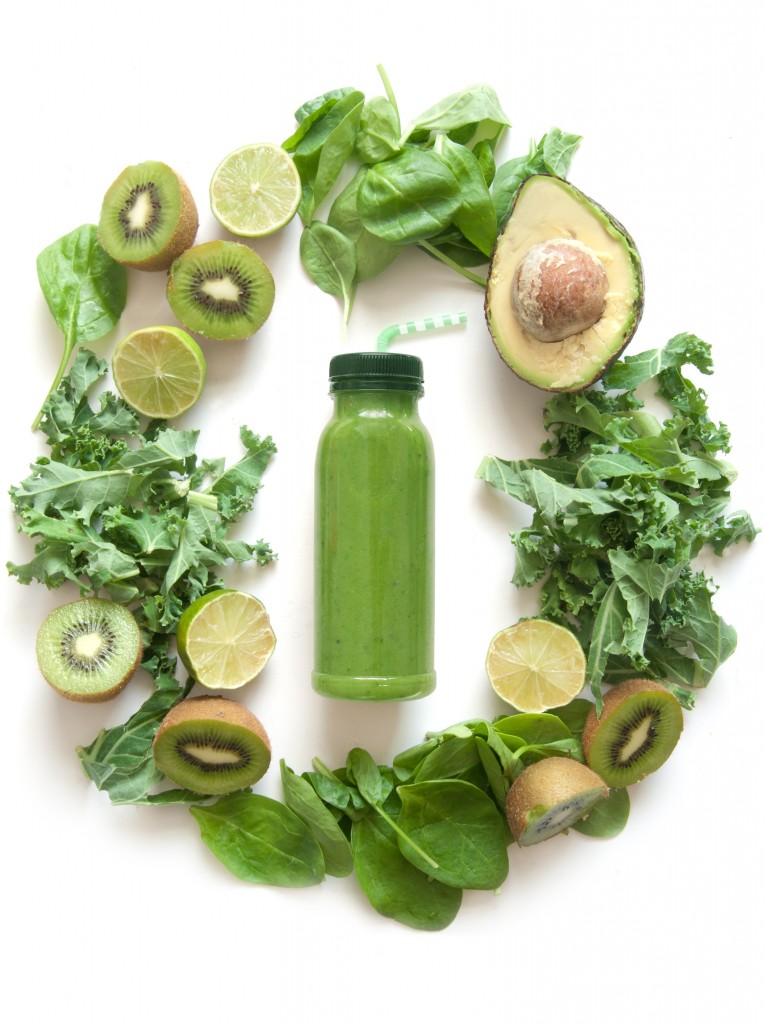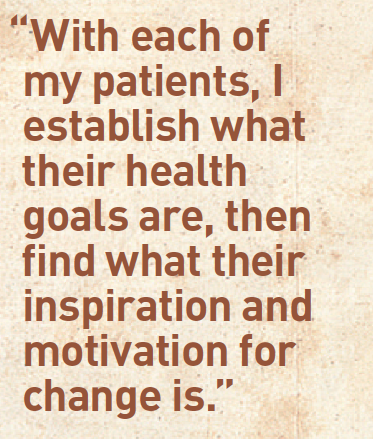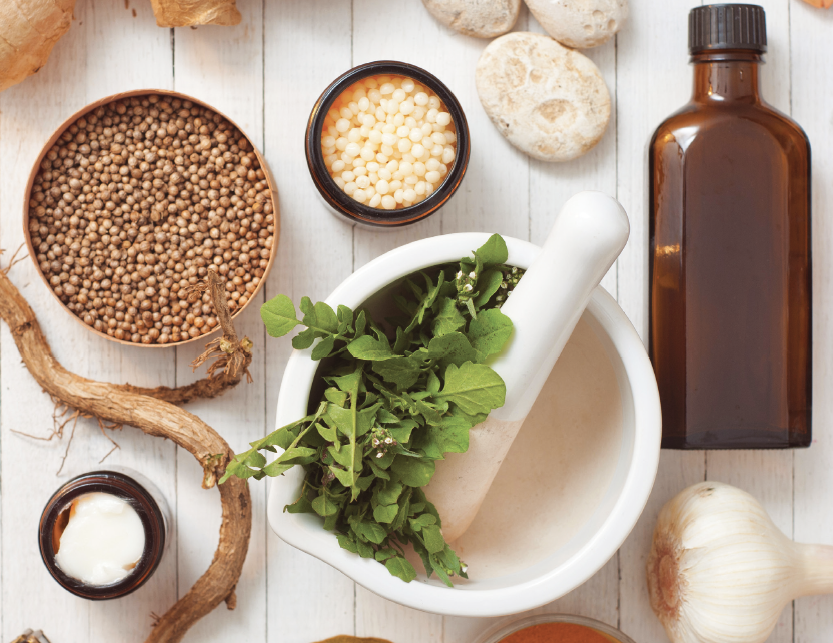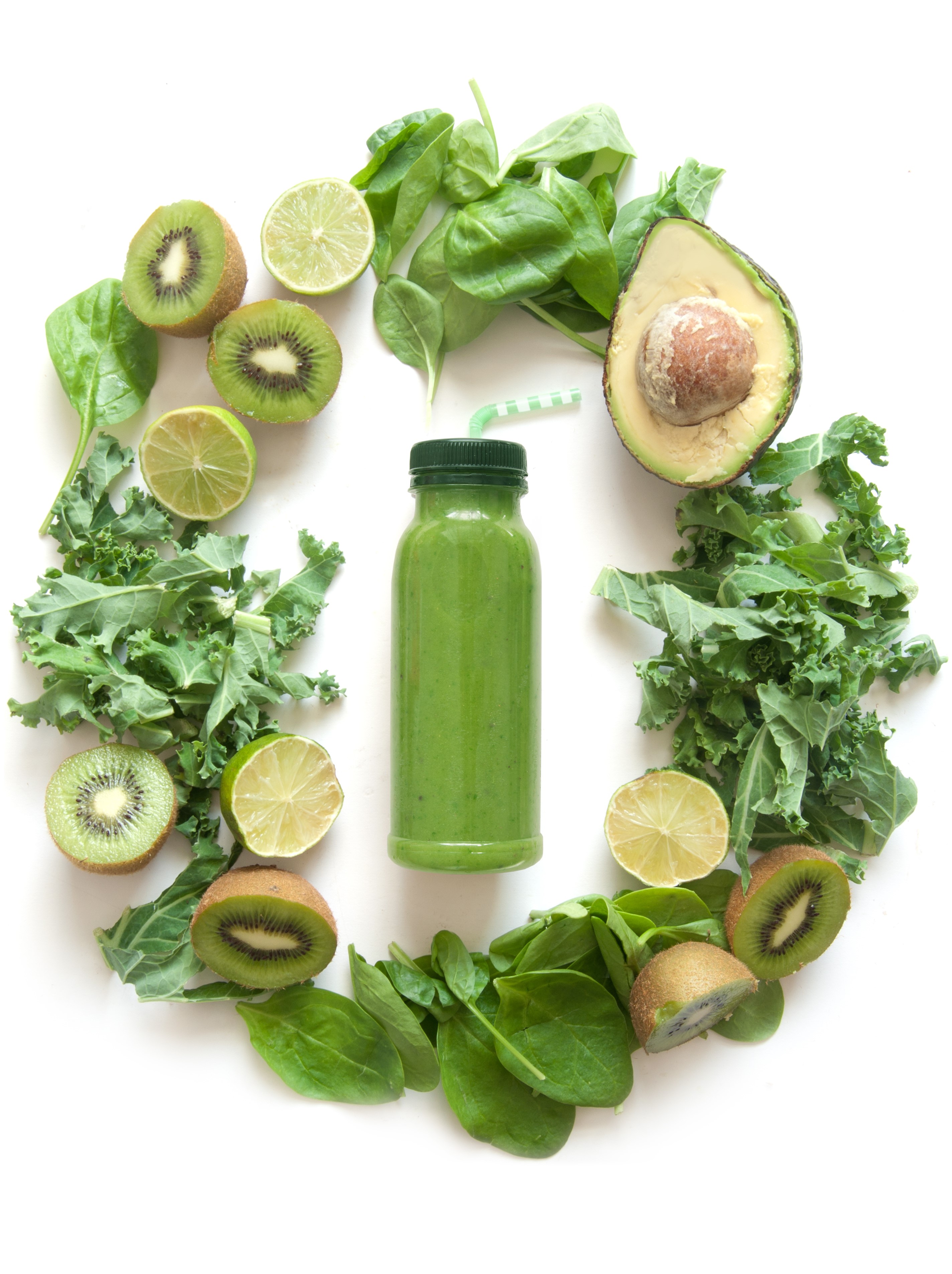CNM (The College of Naturopathic Medicine) have announced that they will be holding two online open evenings in April, where prospective students can learn all they need to know about pursuing a career in Naturopathic Medicine. The college offers courses in many different areas of holistic care, including Nutrition, Naturopathy, Acupuncture, Herbal Medicine, Homeopathy, Natural Chef, Vegan Natural Chef and Health Coaching. They also recently published a series of videos seeking to inform members of the public on how they can help themselves and their loved ones during the coronavirus situation.
naturopathy.ie
This is a CNM excerpt from our Spring 2017 issue. Read the rest of the article by subscribing soon so we can post you a copy or picking up a magazine from one of our lovely stockists all over Ireland. Tell them we said hello!
 By Claire Clerkin
By Claire Clerkin
We are often inclined to do an annual ‘spring clean’ of our homes, but what about our bodies?
Spring is a time when we move out of a period of conservation and into a more active phase. It is the perfect opportunity to give our body’s detoxification systems a boost with a gentle cleanse. Just as the birds, insects and animals come out of hibernation, so too does the human system shake off the cobwebs in preparation for a busy summer period.
The body has a fabulous, intelligent detoxification system already installed. The liver, kidneys and other organs of the digestive system spearhead the major detoxification processes. When working as they should, they effectively rid our bodies of poisons that could cause health problems if left unmanaged.
How does detoxification work?
The liver is crucial in getting rid of toxins. First, it breaks them down and then packages them into forms that can be excreted by the digestive system or kidneys. B vitamins, zinc, sulphur, amino acids and the anti-oxidant vitamins E and C are required by the liver to do its work properly. If you don’t get enough of these nutrients, the process of detoxification will be compromised.
This is a CNM excerpt from our Spring 2017 issue. Read the rest of the article by subscribing soon so we can post you a copy or picking up a magazine from one of our lovely stockists all over Ireland. Tell them we said hello!
Prescribe or Participate? Functional Medicine – A Collaborative Approach to Health
From our autumn 2014 issue.
Prescribe or Participate?

A collaborative approach to health.
By Avril Ivory
As individuals, we can make really positive, personal decisions in how we approach our health. As it becomes clearer that lifestyle factors have a massive impact on our health, more of us are exploring different ways to wellness. Catering to current understandings, there is a new approach in healthcare called the ‘Functional Medicine approach’. This is utilised by medical doctors, particularly in the states where it originated from but it is used by many nutritional therapists and naturopaths in Ireland too. At the College of Naturopathic Medicine, we teach a Naturopathic approach but are also heavily influenced by the Functional Medicine teachings and there are shared philosophies between the two.
The key concepts are that the focus is on a wellness centred model rather than a disease centred model. The person is treated, not the disease. The root cause is addressed rather than the symptoms. The approach is a personalised one, it seeks to empower patients and engenders collaboration with the practitioner to return the person to health.

A practitioner looking from a functional medicine perspective looks at elements such as communications in the cells, transformation of food, repair and maintenance of structural integrity, elimination of wastes, protection and defence, transport and circulation, oxidative stress, inflammatory processes, absorption of nutrients and microbial balance in the gut. Then they look to see what the imbalances are in these functions to find the best ways to bring them back into balance.
When we choose to attend a practitioner who adopts this approach, we are choosing to collaborate in remaining well or recovering, we are choosing to participate in our healthcare, as opposed to only adhering to something prescribed. This choice requires more energy and effort because we may need to make changes, small or large, to the way we eat, sleep, exercise, manage stress, engage social support, manage our work/life balance etc. It can be a fantastic path to choose and evidence suggests many of us are now taking our health into our own hands in this way. The bonus of the extra efforts on your part, is that you are likely to experience more benefits than just and eliminated symptom.
If, as a reader, you are choosing this path, it can be really helpful to attend a Naturopath or Nutritional therapist. You can also start the ball rolling yourself by reading, studying, exploring and discovering all the ways to wellness and what way would work best for you.
Nutritional therapist and CNM lecturer, Anne Darcy, who practises the Functional medicine approach says, “With each of my patients, I establish what their health goals are, then find what their inspiration and motivation for change is. I help them to identify and remove any roadblocks they may have to this change and give them the information on what they need to do to be well. This will empower them to make the choices they need to make every day to be healthy. With each person, I set healthy goals and use the good feelings the person gets from achieving each goal to motivate towards the next. The willingness to change diet and lifestyle will largely determine the successful outcome but ‘People just want to be well’ and can get fantastic results working like this. I also really encourage them to surround themselves with people who will support them in their goals. The value of social support cannot be underestimated.”
For each of us, our path to wellness is as unique as we are as individuals. There is no better day than today to sit down and start evaluating your health goals, your roadblocks, the tools you need for change, who might help you with change and to begin the journey to long and healthy lives.
Avril Ivory (M.Sc) is the academic director of the College of Naturopathic Medicine. CNM train Natural Medicine practitioners to best international practise standards all over Ireland. Courses include diplomas in Nutritional therapy, Herbal Medicine, Acupuncture and Naturopathy as well as short courses. naturopathy.ie
Chinese Medicine & You

By Deirdre Courtney
The modern field of Psychoneuroimmunology provides ample evidence that the body and mind are interconnected. The Chinese have said for thousands of years that our emotions impact the state of our physical health. In oriental philosophy, emotions are seen as energy passing through the meridians. When the energy is allowed to flow freely, we stay in balance. We often interrupt the flow of energy due to busy or unbalanced lifestyles but if we understand the wisdom of our bodies and our point of balance, we can correct the flow.
In Chinese Medicine there are five major yin organs and each is associated with an emotion; the liver – anger, the heart – joy, the spleen – worry, the kidney – fear, the lungs – sorrow or grief. Excess or suppression of any of these emotions can affect the related organ and as a circular process, if the organ is weak, it can also increase the related emotion.
It is so valuable to understand our own particular constitutional tendencies, when we do, we can choose the foods, activities, patterns of expression and even atmospheres that serve us best. Have a look at the different patterns below to gain an understanding of your own tendencies.
Liver qi energy: If you find yourself sighing frequently, feeling irritable and frustrated or prone to temper outbursts, it may be that energetically your liver energy has stagnated. One of the main causes for this is repressed emotion; holding in or onto too many feelings. Accompanying physical symptoms can include belching, burping, acid regurgitation, sour taste in the mouth. But there are some easy steps to take.
The liver needs movement, emotion needs expression, so get out and exercise, breathe deeply out in fresh air, express your feelings, try writing a journal or pound a pillow. Green is the healing colour for the liver, so walk in beautiful greenery and eat lots of green foods.
Spleen qi energy: If you find yourself constantly prone to worry, you may have a tendency to spleen imbalance. The spleen energy rules digestion and is negatively affected by worry. Too much worry can injure the spleen and a weakened spleen energy leaves us more prone to worry! Accompanying physical symptoms may include feeling really tired especially after eating, loose bowel movements, bloating or weight gain which is difficult to loose, especially around the middle.
If you think this applies to you make this a summer to support your spleen. Decide to deal with worries differently, adopt new coping mechanisms. Build your resistance to worry by doing what makes your heart sing. Certain foods weaken spleen energy, such as wheat, dairy and coffee, so reduce these. Also, eat smaller amounts more often and try not to eat late at night.
Kidney yin energy: Do you often feel that you are running on empty, using your reserve tank rather than energy that is easily available to you? Do you often ignore the red light on your dashboard that tells you you are doing too much? Does this sometimes leave you feeling overwhelmed and fearful? You might have other symptoms like flushed cheeks, sweating at night, feeling thirsty and lower back pain. It is often a sign of overwork. Give yourself more rest and relaxation. Have regular early nights, reduce your workload and find a good work life balance. Connect with water and earth by swimming and walking on the grass in your bare feet. Yoga and meditation also help to increase kidney energy. Foods that strengthen the kidney are pulses and mineral rich foods such as seaweeds.
Heart yin energy: If you are feeling anxious or panicky, if you are prone to sleep disturbance or are having vivid dreams, if you are feeling disconnected from friendships or past-times that you usually enjoy, you may have heart-yin deficiency. Other indicators of this may include your face is flushing easily, feeling worse after alcohol or spicy food, palpitations of if you’ve recently had emotional stress. It’s important to take time out to nourish this yin energy. You may need more rest or to retreat a little in order to renew. Increase activities that calm and nourish you. Be good to yourself. Surround yourself with colours and landscapes that nurture. Use deep breathing, yoga, visualisation or meditation. Avoid too much fire in the diet by reducing spicy foods, alcohol and sugar and increase cooling foods such as green vegetables and beetroot.
Our bodies often give us clues as to what we need to do to rebalance, make this a summer where you listen to your body’s inner wisdom!
CNM trains practitioners to best international practise standards in various therapies all over Ireland. Deirdre Courtney, (M.A), Head of Acupuncture Department, College of Naturopathic Medicine, has extensive years of experience as a practitioner and lectures in Ireland and abroad. Her practise is in Blackrock. 087-8178561.




